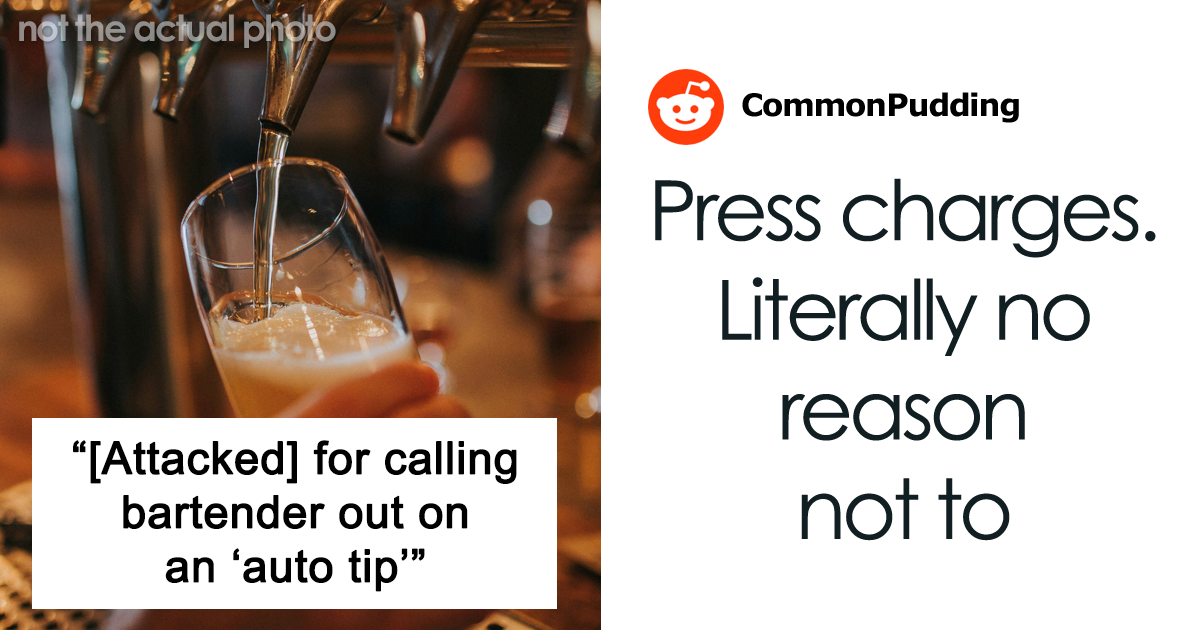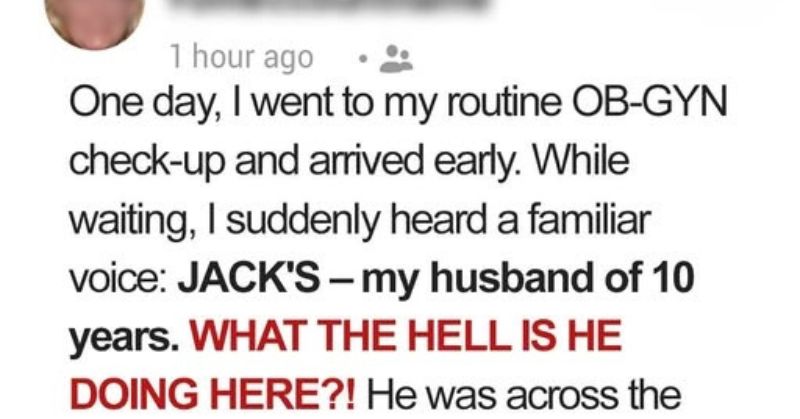The Tipping Point: Is the US Tipping Culture Spiraling Out of Control?
The seemingly ubiquitous expectation of tips in the United States has reached a boiling point. From self-checkout kiosks to bars, the pressure to tip is relentless, leaving many feeling frustrated and exploited. This isn’t simply a matter of personal opinion; a growing chorus of voices, backed by recent surveys, is questioning the fairness and sustainability of the current system.
A Tipping Incident Sparks Outrage
One Redditor’s experience perfectly illustrates the rising tensions surrounding tipping. After his son tipped a bartender, the father refused to add another tip, sparking a confrontation that escalated to police involvement. This incident highlights a crucial aspect of the problem: the feeling of being unfairly pressured into tipping, even when service hasn’t warranted it.
Hidden Auto-Tips and Deceptive Practices
The Redditor, in an interview with Bored Panda, expressed deep concern about the bar’s deceptive practice of adding an automatic tip without clear notification. He felt his son was taken advantage of, especially given the bar’s location in a tourist area, implying a deliberate strategy to exploit unsuspecting visitors. This points to a larger problem: the lack of transparency surrounding automatic tips and hidden service charges.
The Shifting Sands of Tipping Expectations
The Redditor’s experience isn’t an isolated incident. Many believe the tipping culture has undergone a significant shift since the pandemic. The initial acceptance of auto-tipping and expanded expectations for tipping in services previously considered non-tippable have now given way to “tipping fatigue.” People are actively resisting what they perceive as a form of “tipping bullying” for services that don’t warrant it.
Data Supports Growing Public Discontent
This sentiment is echoed in a recent Pew Research Center survey. A staggering 72% of US adults believe tipping expectations have increased significantly in the past five years. The survey also revealed significant confusion around when and how much to tip, with only about a third of respondents feeling confident in their tipping decisions. This lack of clarity fuels frustration and the perception of being unfairly pressured.
Navigating the Maze of Modern Tipping
The Redditor himself admits to struggling with consistent tipping practices. He offers his personal guidelines: consistent tipping for table service and bars, but no tips for counter service in fast-food settings. Takeout tipping depends on the order’s complexity and preparation time, with a 10% tip for larger, more labor-intensive orders like Chinese food. For exceptional service, he leaves at least 20%, emphasizing personalized attention and genuine customer focus as key factors. He expresses strong disapproval of waiters who are inattentive but suddenly become overly friendly when presenting the bill.
Public Opposition to Auto-Tips
The Redditor’s opposition to the automatic tip added by the bartender aligns with broader public opinion. The Pew Research Center survey revealed that a significant 72% of US adults oppose businesses automatically adding service charges or tips to bills, regardless of party size. Online comments on the Redditor’s story further reinforce this widespread disapproval.
Conclusion: Rethinking the Tipping System
The escalating tensions surrounding tipping in the US highlight the need for a serious reevaluation of the system. Deceptive practices, inconsistent expectations, and the widespread feeling of being unfairly pressured to tip are all contributing to a growing sense of discontent. Clearer guidelines, increased transparency, and potentially even a shift away from the reliance on tips as a primary source of income for service workers are all topics that demand urgent consideration.
https://www.boredpanda.com/




